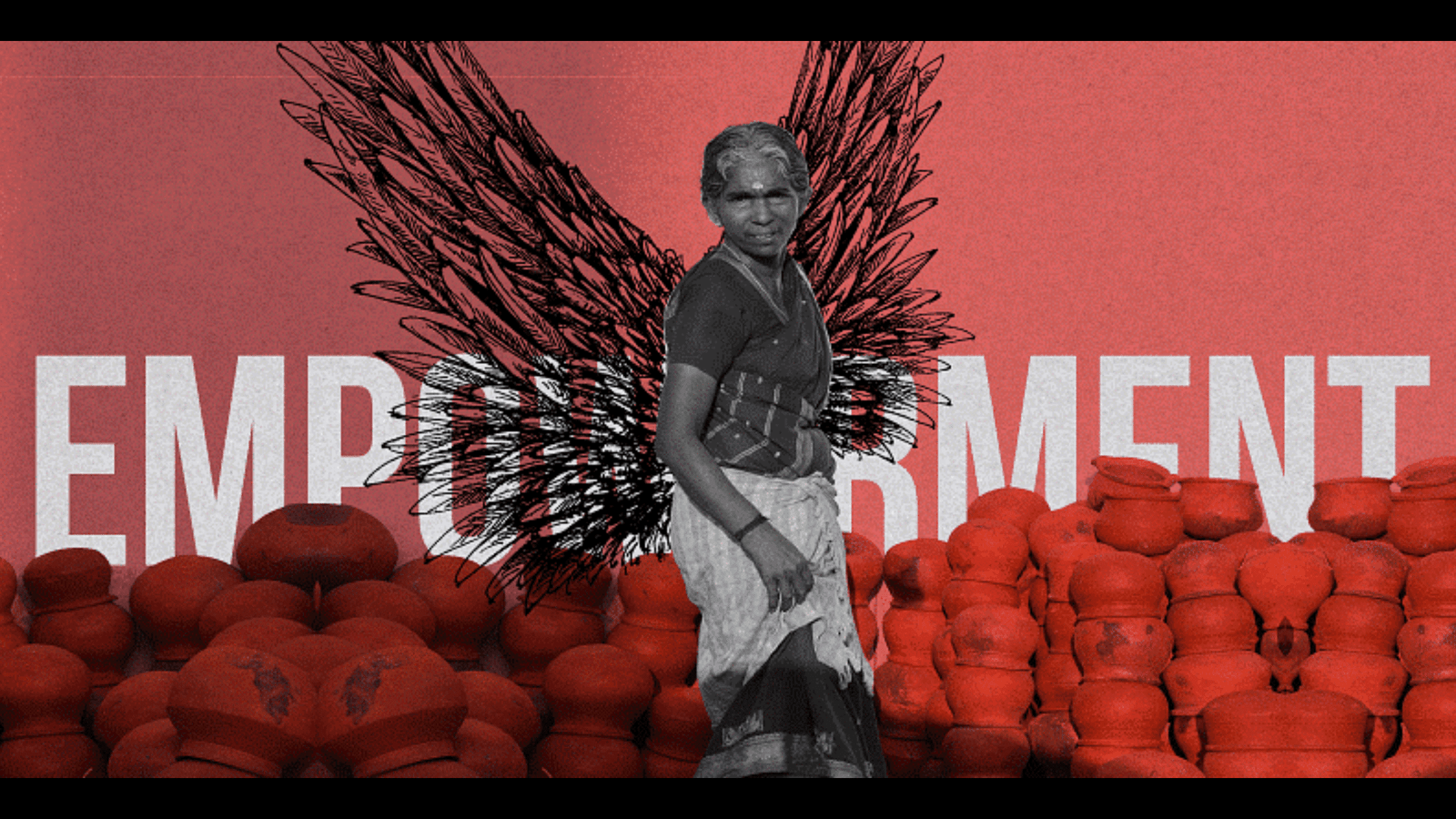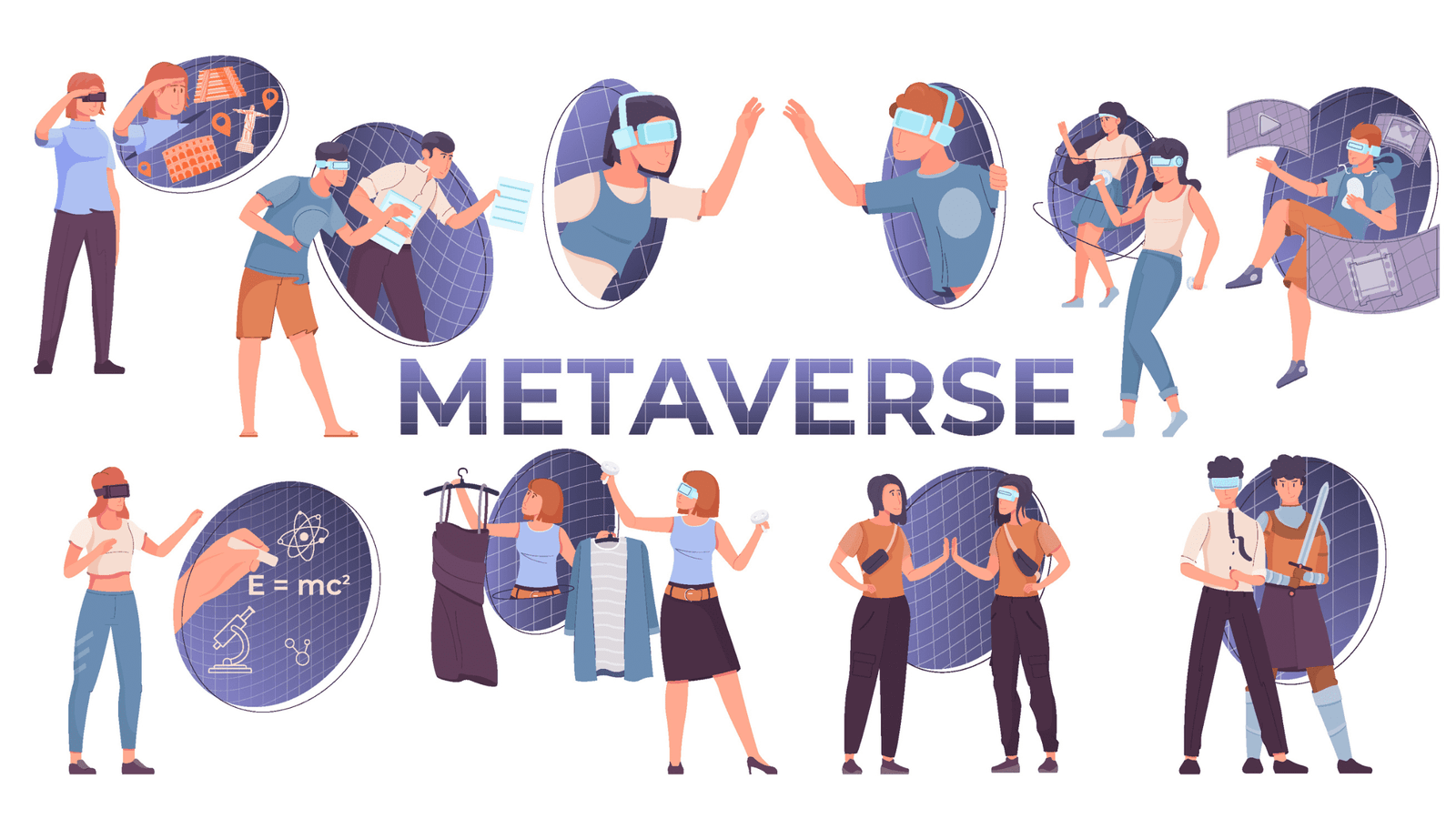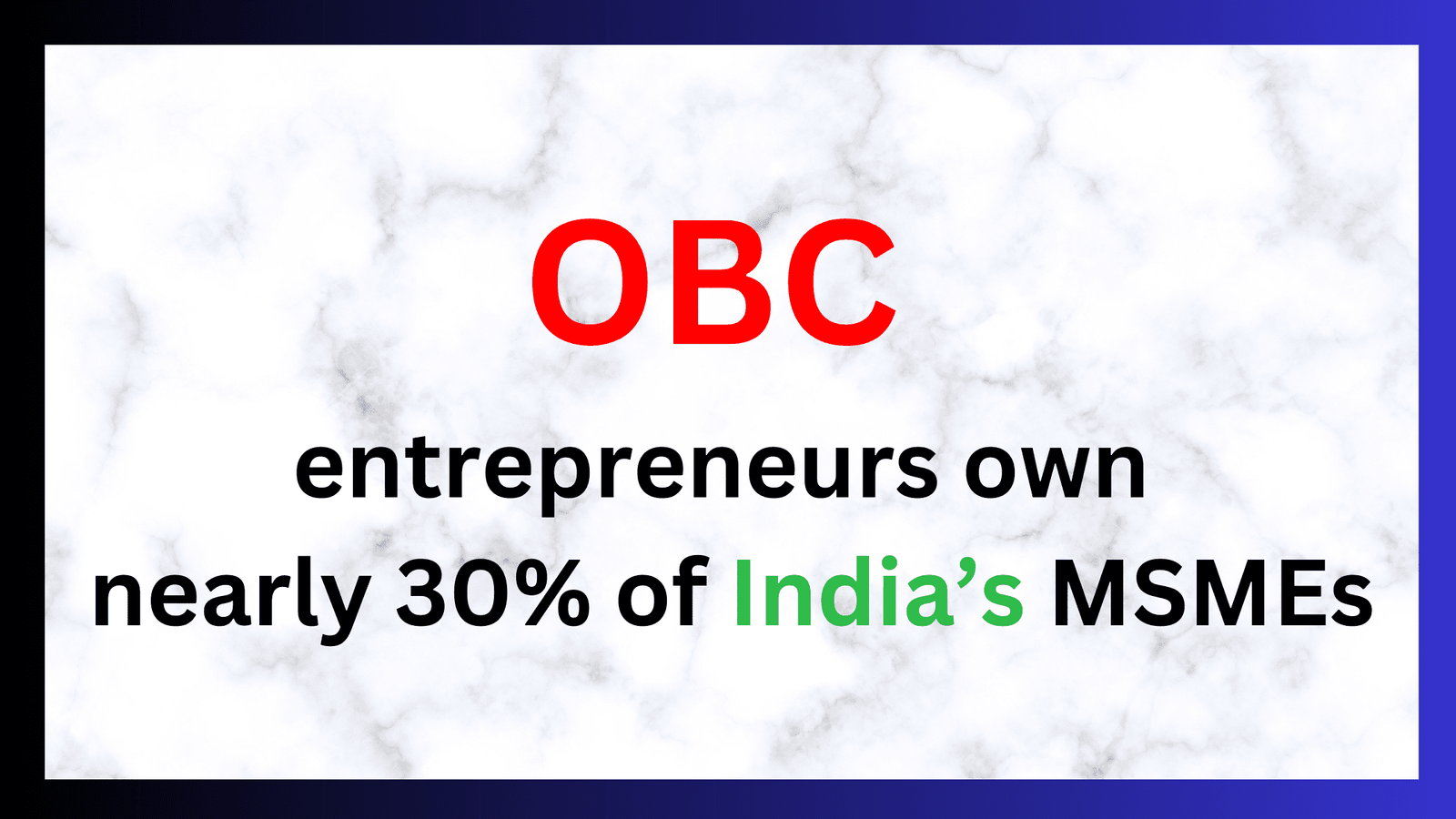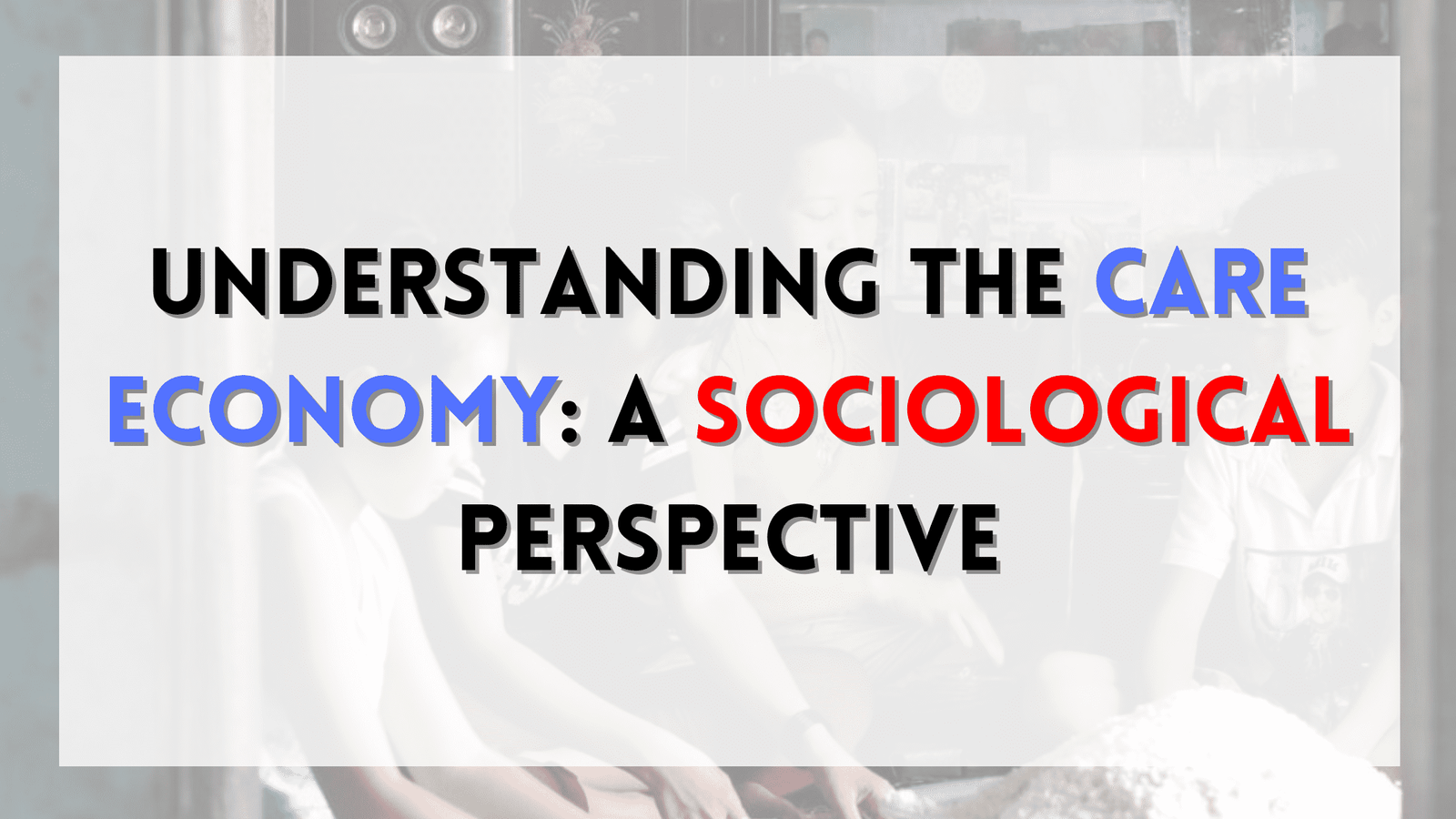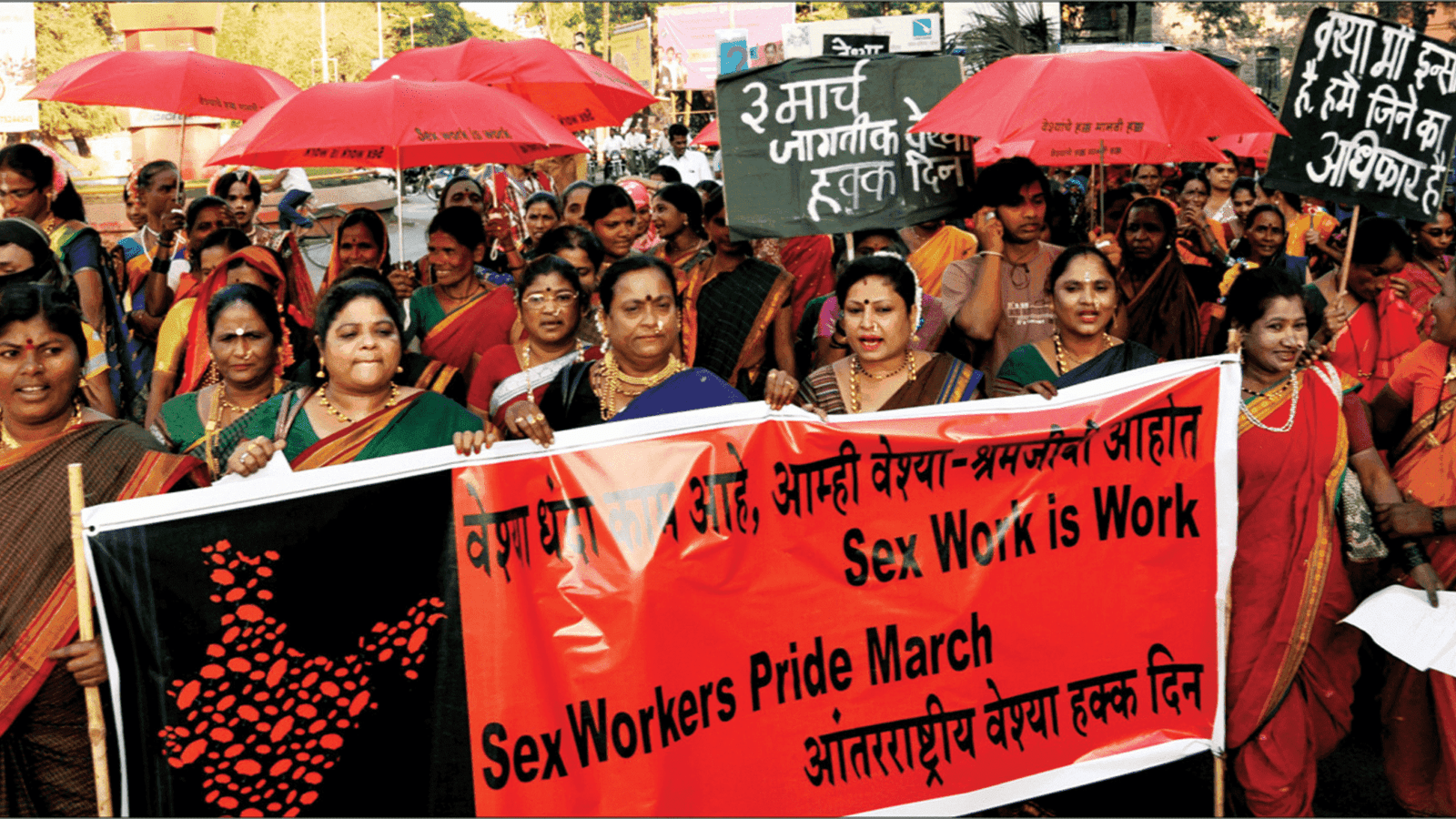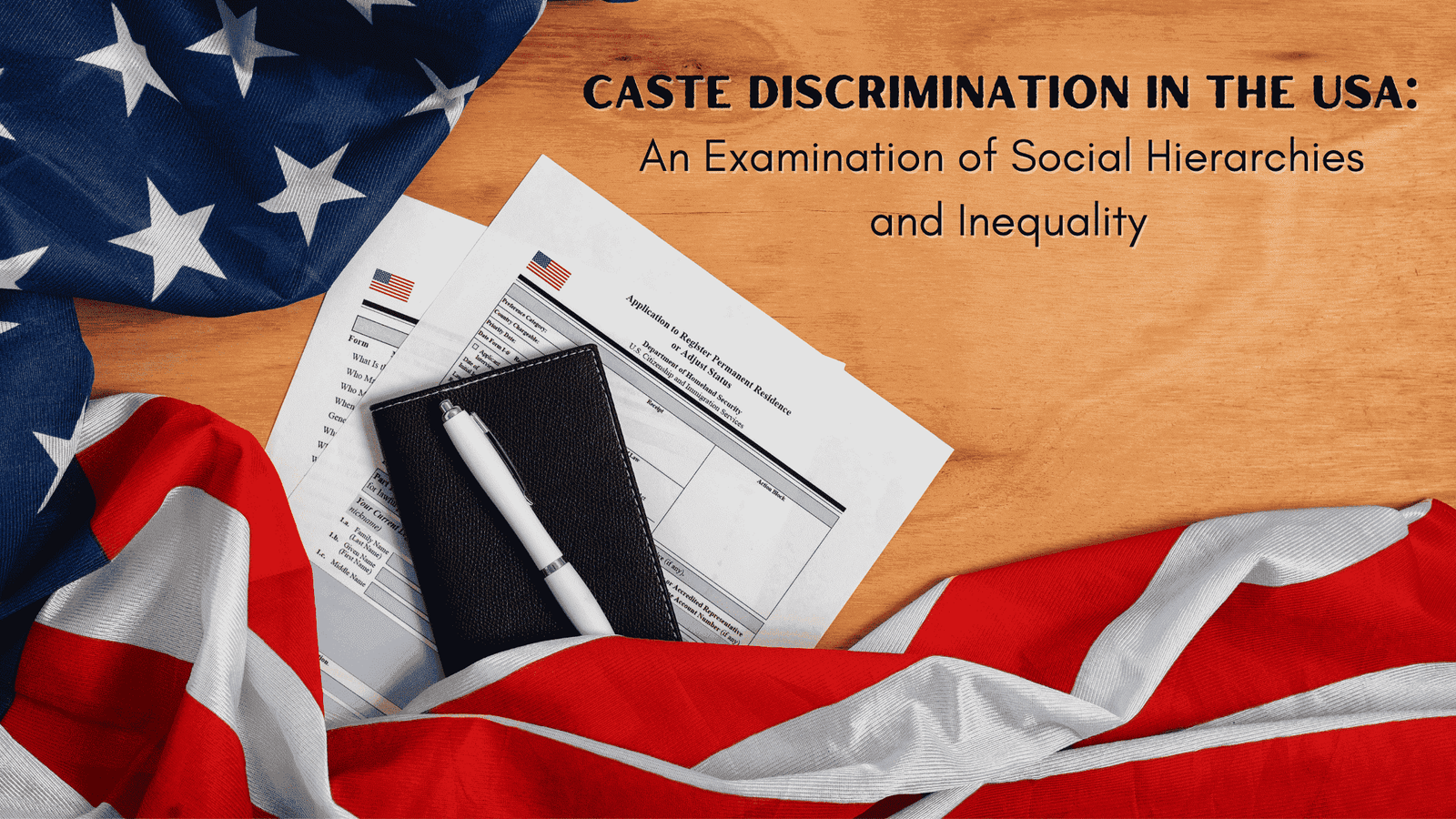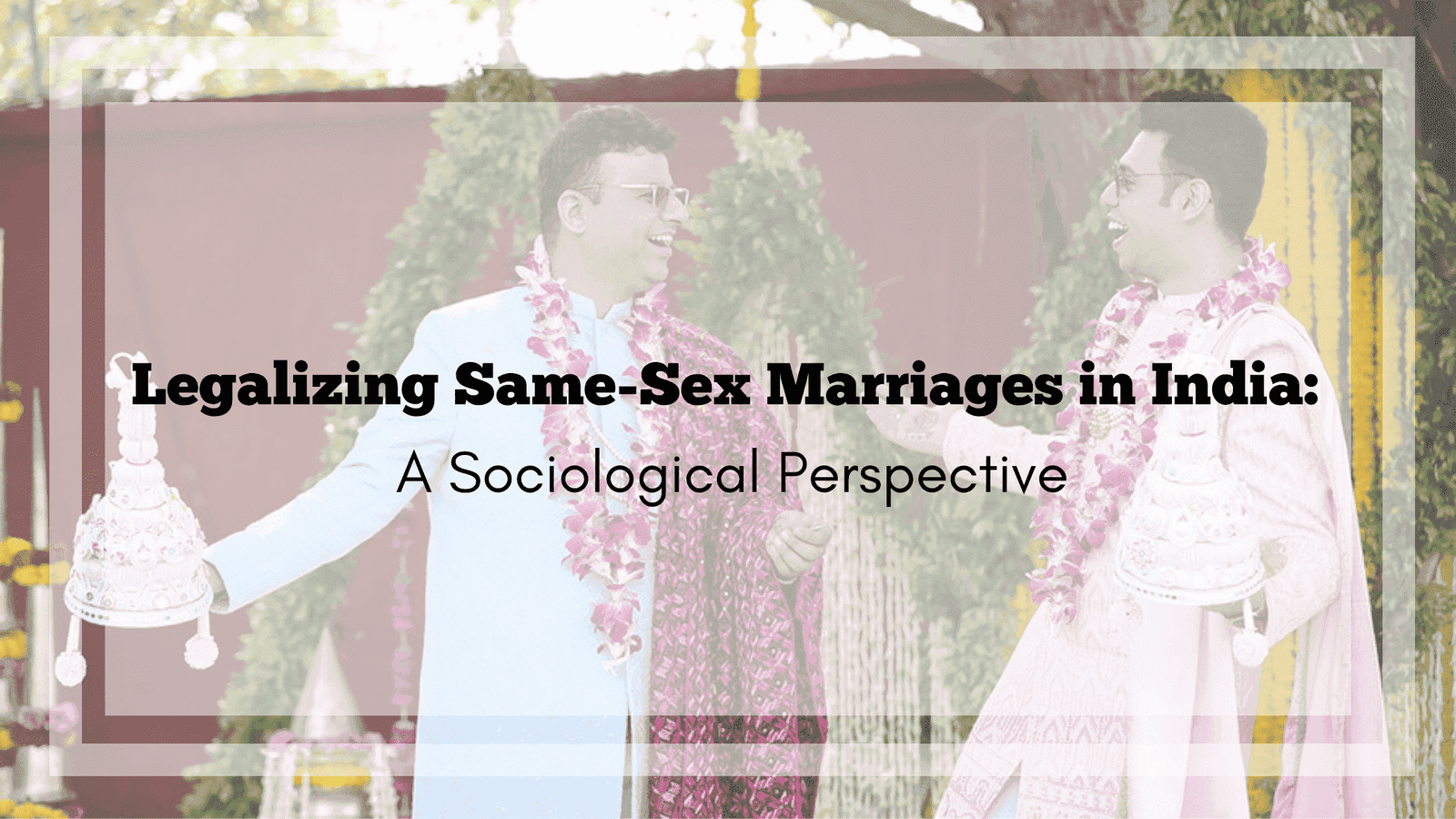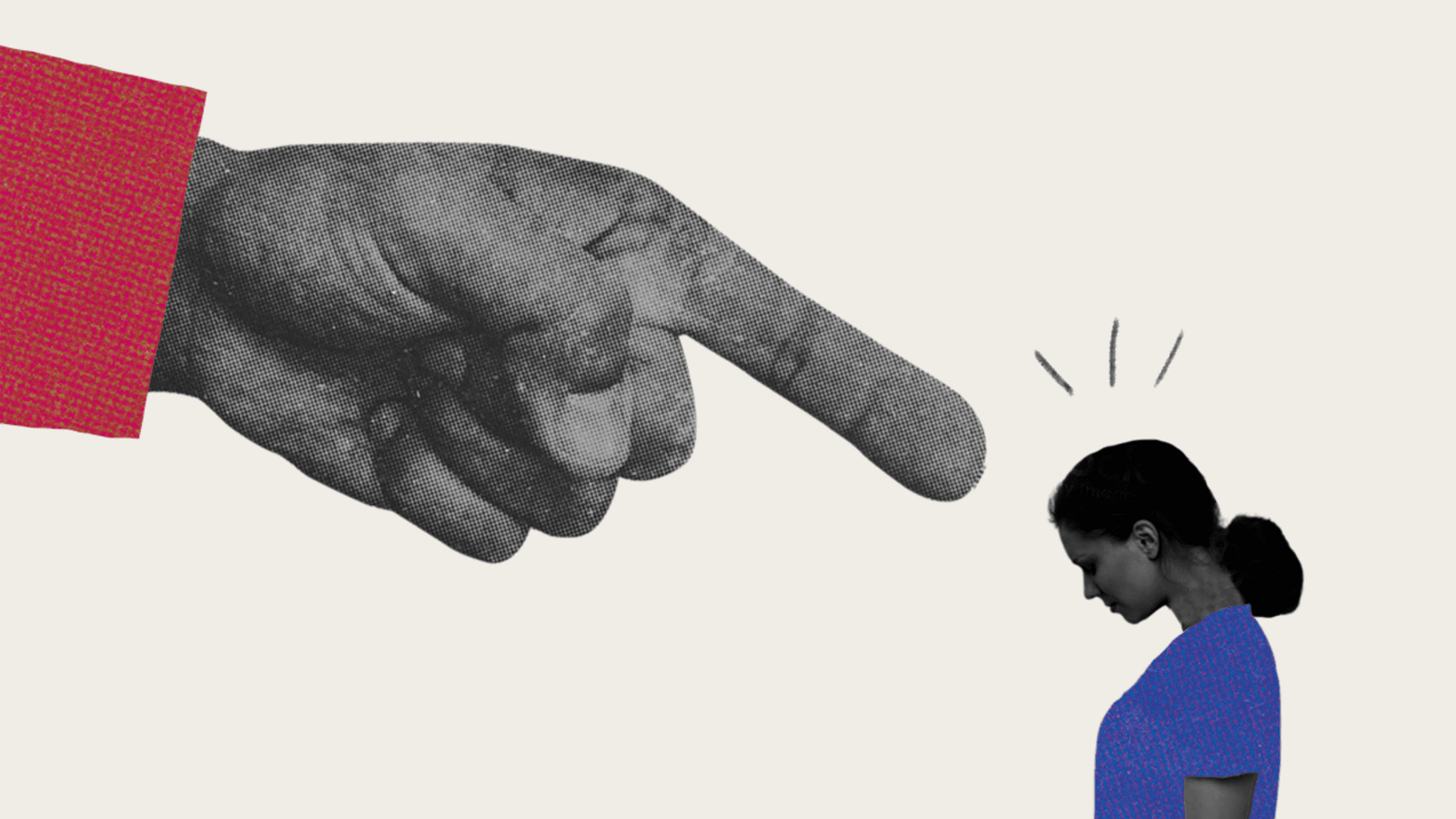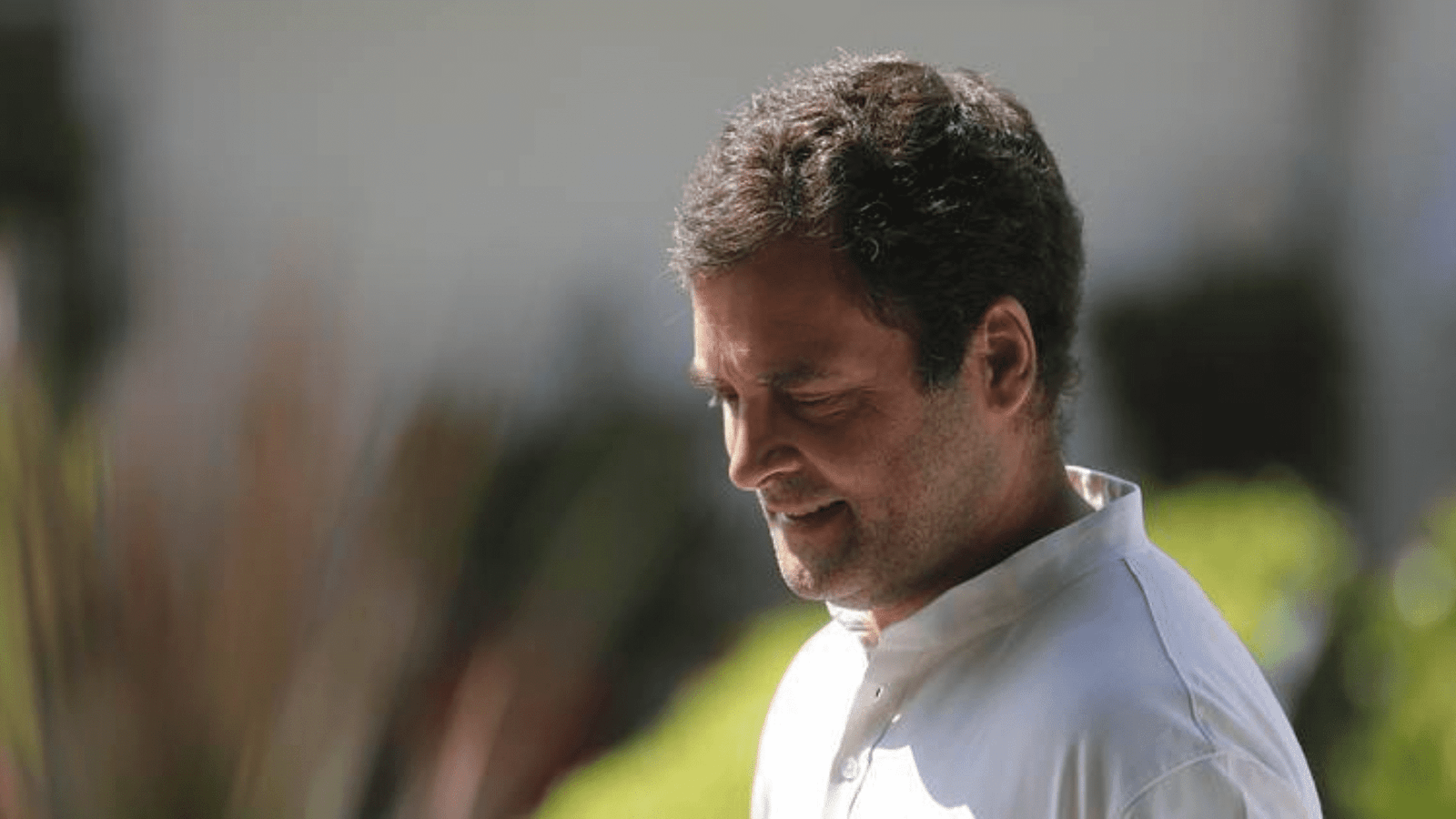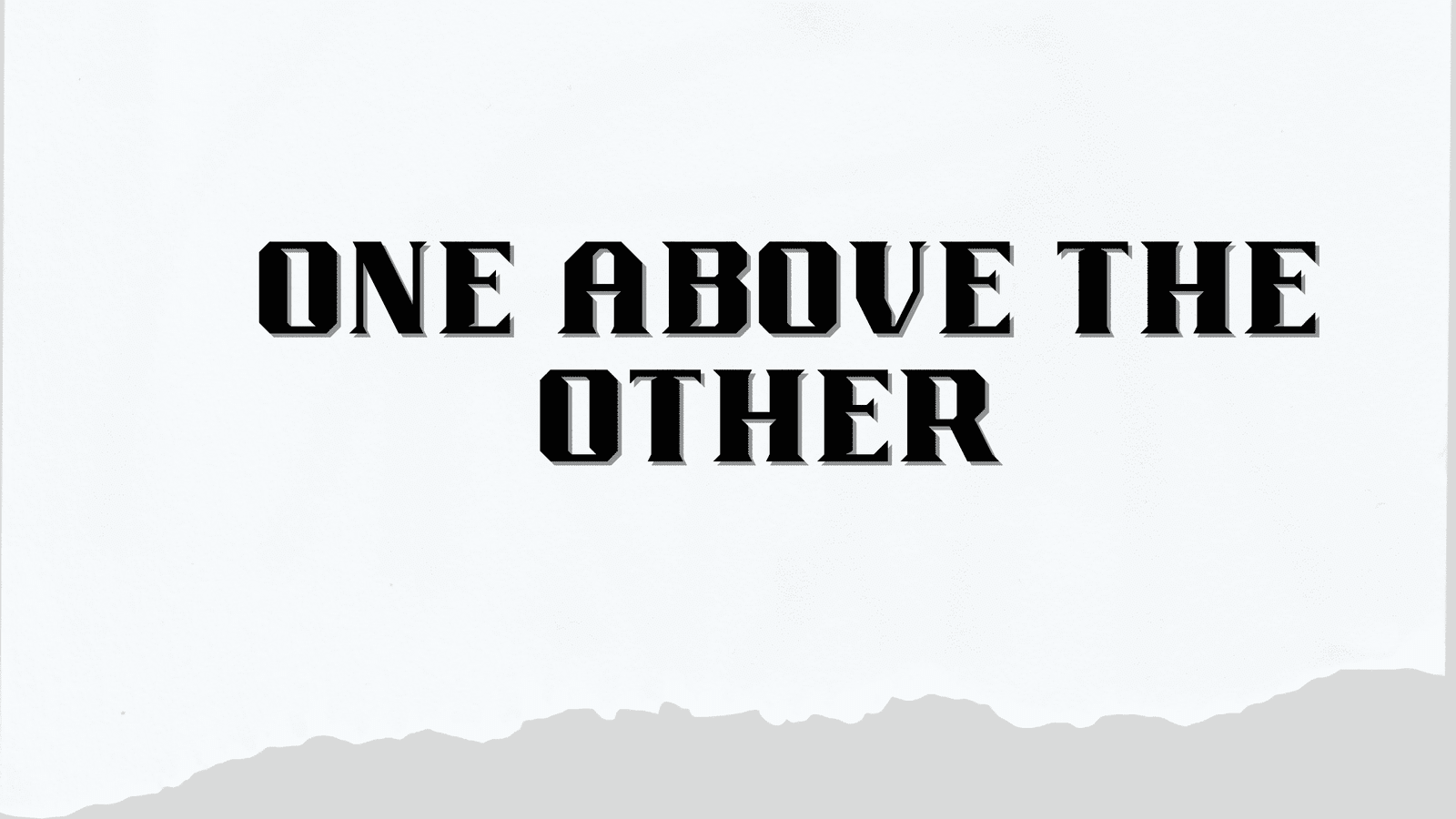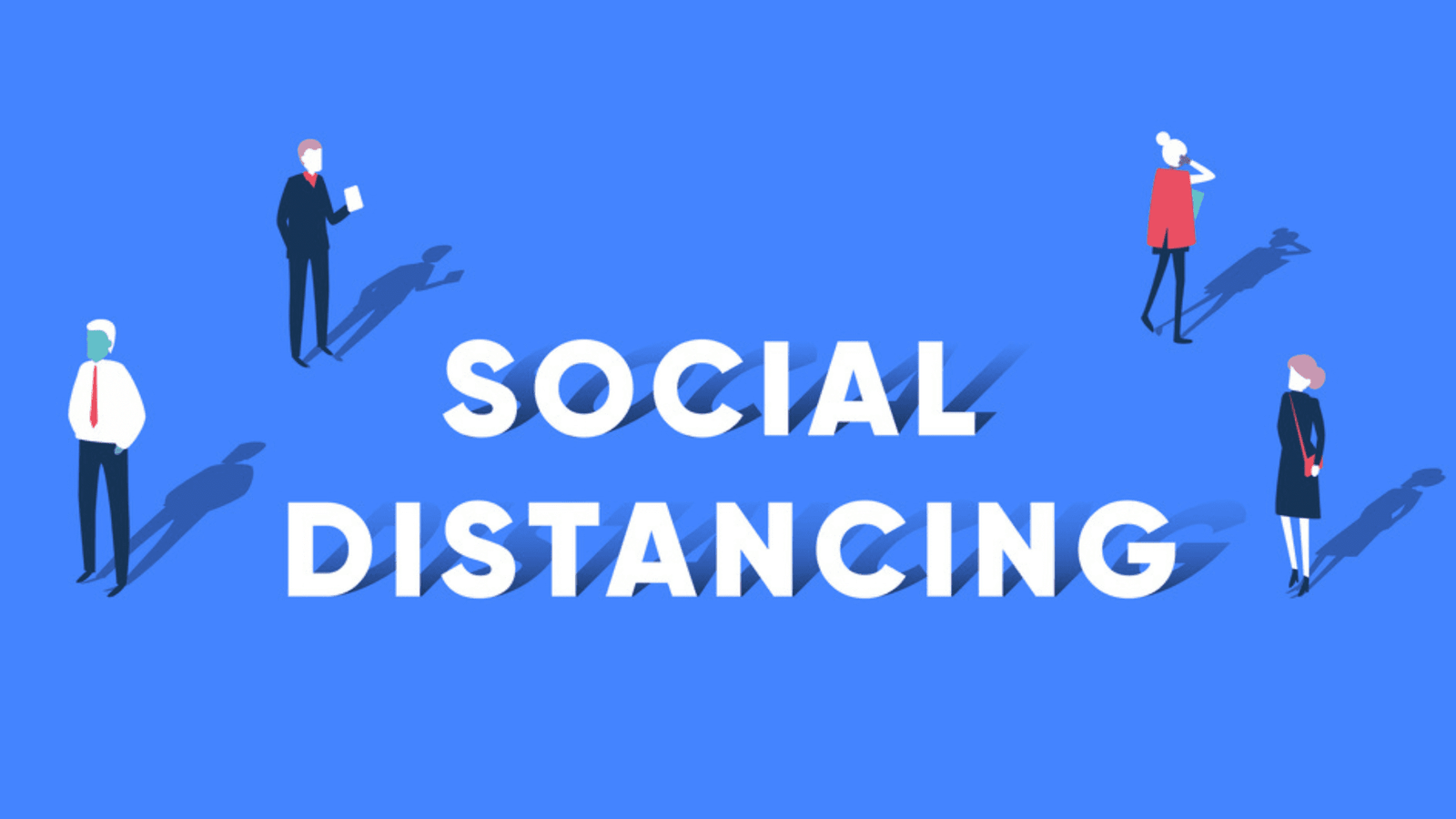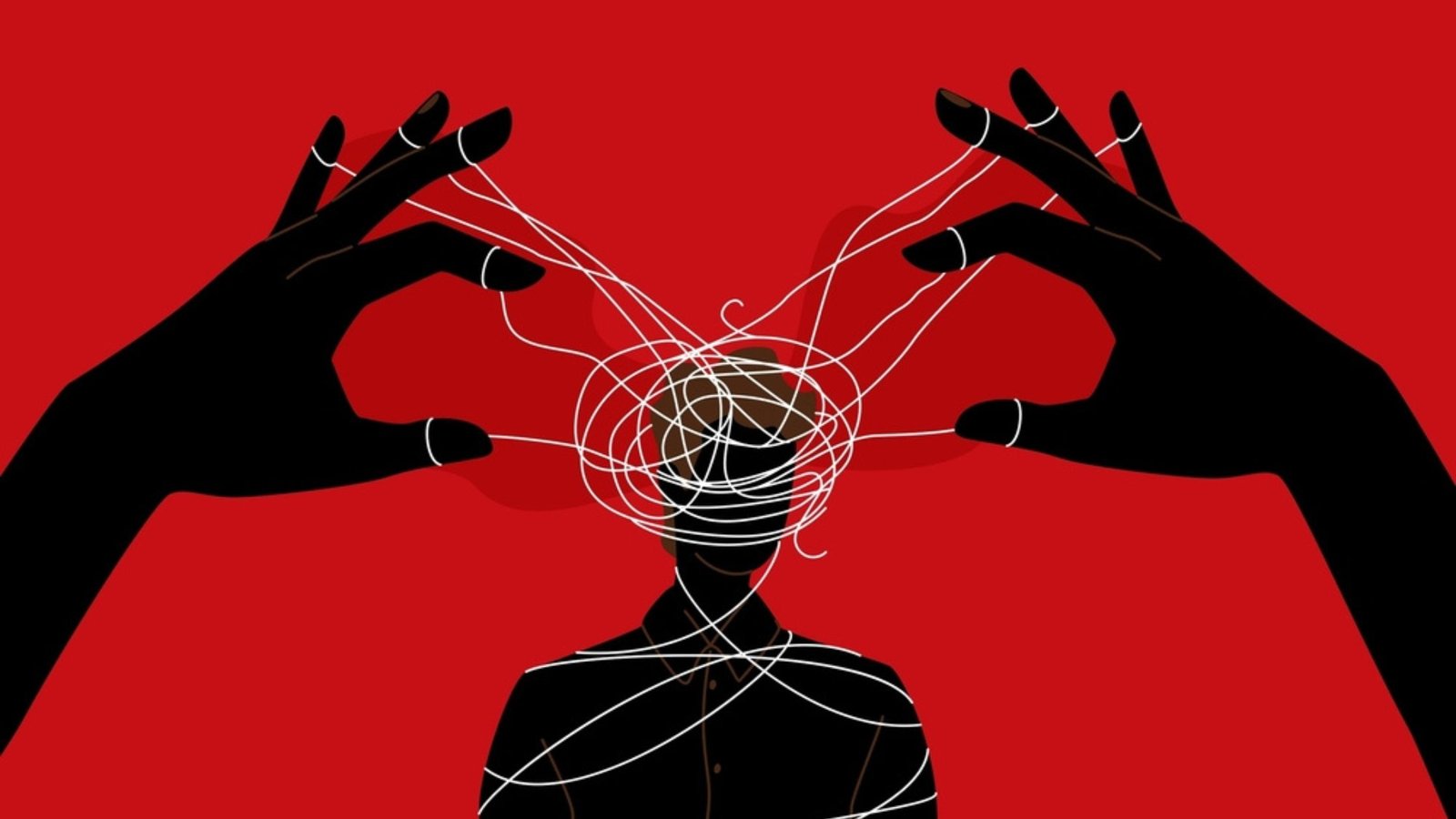
Critique of work or critique of labour, or more informally antiwork, refers to the critique of, and wish to abolish work as such, and not only to critique of the worst forms of what the critics of works often deem wage slavery.
Critique of work can be existential, and focus on how labour can be and or feel meaningless, and stands in the way for self-realisation. But the critique of work can also highlight how excessive work may harm the productivity of society, or society itself. The critique of work can also take on a more utilitarian character in which work simply stands in the way for human happiness as well as health.
The term "Great Resignation" was coined by Anthony Klotz, a professor of management at University College London's School of Management, in May 2021, when he predicted a sustained mass exodus.
Brief history
Brief history
Resignation rates in the U.S. during the COVID-19 pandemic initially followed this pattern. In March and April 2020, a record 13.0 and 9.3 million workers (8.6% and 7.2%) were laid off, and the quit rate subsequently fell to a seven-year low of 1.6%. Much of the layoffs and resignations were driven by women, who disproportionately work in industries that were affected most by the lockdowns, like service industries and childcare.work fourteen hours a day in such fashion that when meal time was deducted there should remain twelve hours of work full and complete."
Views like these propagated for in the following decades by e.g. Malthus, which led up to the Poor Law Amendment Act of 1834. Causes
The battle of shortening the working hours to ten hours was ongoing between around the 1840s until about 1900. However establishing the eight hour working day went significantly faster, and these short-hour social movements aligned against labour, managed to get rid of two working hours between the mid-1880s to 1919. During this epoch reformers argued that mechanization was not only supposed to provide material goods, but to free workers form "slavery", and introduced them to the "duty" to enjoy life.
While the productive capacity rose enormously with industrialization, people were made busier, while one might have expected the opposite to occur. This was at least the expectation among many intellectuals such as Paul Lafargue. The liberal John Stuart Mill also predicted that society would come to a stage where growth would end when mechanization would meet all real needs. Lafargue argued that the obsession society seemed to have with labour paradoxically harmed the productivity, which society had as one of its primary justifications for not working as little as possible.
During 2021, the anti-work movement has experienced rapid growth online, especially on the subreddit /r/antiwork which uses the slogan "Unemployment for all, not just the rich!". As of 2022, the subreddit has 1.8 million members, and has aided workers in the 2021 Kellogg's strike.
Paul Lafargue
In Lafargue's book The Right To Be Lazy, he claims that: "It is sheer madness, that people are fighting for the "right" to an eight-hour working day. In other words, eight hours of servitude, exploitation and suffering, when it is leisure, joy and self-realisation that should be fought for – and as few hours of slavery as possible."
Automation, which had already come a long way in Lafargue's time, could easily have reduced working hours to three or four hours a day. This would have left a large part of the day for the things which he would claim that we really want to do – spend time with friends, relax, enjoy life, be lazy. The machine is the saviour of humanity, Lafargue argues, but only if the working time it frees up becomes leisure time. It can be, it should be, but it rarely has been. The time that is freed up is according to Lafargue usually converted into more hours of work, which in his view is only more hours of toil and drudgery.
Bertrand Russell
Russell's book In Praise of Idleness is a collection of essays on the themes of sociology and philosophy. Russell argues that if the burden of work were shared equally among all, resulting in fewer hours of work, unemployment would disappear. As a result, human happiness would also increase as people would be able to enjoy their newfound free time, which would further increase the amount of science and art. Russell for example claimed that "Modern methods of production have given us the possibility of ease and security for all; we have chosen, instead, to have overwork for some and starvation for others. Hitherto we have continued to be as energetic as we were before there were machines; in this we have been foolish".
David Graeber
The anthropologist David Graeber has written about bullshit jobs, which are jobs that are meaningless and do not contribute anything worthwhile, or even damage society. Graeber also claims that bullshit jobs are often not the worst paid ones.
The bullshit-jobs can include tasks like these:
Watching over an inbox which received emails merely to copy and paste them into another form.
To be hired to look busy.
Working with pushing buttons in an elevator.
Make others look or feel important.
Roles that exists merely because other institutions employ people in the same roles.
Employees that merely solve issues that could be fixed once and for all, or automated away.
People who are hired so that institutions can claim that they do something, which they in reality are not doing.
Jobs where the most important thing is to sit in the right place, like working in a reception, and forwarding emails to someone who is tasked with reading them.
FrédéricLordon
In Willing Slaves of Capital: Spinoza and Marx on Desire, the French economist and philosopher FrédéricLordon ponders why people accept deferring or even replacing their own desires and goals with those of an organization. "It is ultimately quite strange", he writes, "that people should so 'accept' to occupy themselves in the service of a desire that was not originally their own." Lordon argues that surrender of will occurs via the capture by organizations of workers' "basal desire" – the will to survive.
But this willingness of workers to become aligned with a company's goals is due not only to what can be called "managerialism" (the ways in which a company co-opts individuality via wages, rules, and perks), but to the psychology of the workers themselves, whose "psyches… perform at times staggering feats of compartmentalization." So consent to work itself becomes problematic and troubling; as captured in the title of Lordon's book, workers are "willing slaves."
Franco "Bifo" Berardi
Franco Berardi, an Italian Autonomist thinker, suggests in The Soul at Work: From Alienation to Autonomy, that capitalism has harnessed modern desires for autonomy and independence: No desire, no vitality seems to exist anymore outside the economic enterprise, outside productive labour and business. Capital was able to renew its psychic, ideological and economic energy, specifically thanks to the absorption of creativity, desire, and individualistic, libertarian drives for self-realization. Knowledge workers, or what Barardi calls the "cognitariat" are far from free of this co-option. People in these jobs, he says, have suffered a kind of Taylorization of their work via the parceling and routinization of even creative activities.
George Alliger
In the 2022 book Anti-Work: Psychological Investigations into Its Truths, Problems, and Solutions, work psychologist Alliger proposes to systematize anti-work thinking by suggesting a set of almost 20 propositions that characterize this topic. He draws on a wide variety of sources; a few of the propositions or tenets are:
Work demands submission and is damaging to the human psyche.
The idea that work is a "good" is a modern and deleterious development.
The tedious, boring, and grinding aspects of work characterize most of the time spent in many and probably even all jobs.
Work is subjectively "alienating" and meaningless due to workers’ lack of honest connection to the organization and its goals and outcomes.
Alliger provides a discussion of each proposition and considers how workers, as well as psychologists, can best respond to the existential difficulties and challenges of work.
Guy Debord
One of the founders of the Situationist International in France (which helped inspire the student revolt of 1968), Guy Debord wrote the influential The Society of the Spectacle (La société du spectacle). He suggested that since all actual activity, including work, has been harnessed into the production of the spectacle, that there can be no freedom from work, even if leisure time is increasing. That is, since leisure can only be leisure within the planned activities of the spectacle, and since alienated labour helps to reproduce that spectacle, there is also no escape from work within the confines of the spectacle. Debord also used the slogan "NEVER WORK", which he initially painted as graffiti, and henceforth came to emphasize "could not be considered superfluous advice".
Anti-work ethic
Nietzsche rejected the work ethic, viewing it as damaging to the development of reason, as well as the development of the individual etc. In 1881, he wrote:
The eulogists of work. Behind the glorification of 'work' and the tireless talk of the 'blessings of work' I find the same thought as behind the praise of impersonal activity for the public benefit: the fear of everything individual. At bottom, one now feels when confronted with work—and what is invariably meant is relentless industry from early till late—that such work is the best police, that it keeps everybody in harness and powerfully obstructs the development of reason, of covetousness, of the desire for independence. For it uses up a tremendous amount of nervous energy and takes it away from reflection, brooding, dreaming, worry, love, and hatred; it always sets a small goal before one's eyes and permits easy and regular satisfactions. In that way a society in which the members continually work hard will have more security: and security is now adored as the supreme goddess.
The American architect, philosopher, designer, and futurist Buckminster Fuller presented a similar argument which rejected the notion of that people should be de facto forced to sell their labor in order to have the right to a decent life, saying:
We must do away with the absolutely specious notion that everybody has to earn a living. It is a fact today that one in ten thousand of us can make a technological breakthrough capable of supporting all the rest. The youth of today are absolutely right in recognizing this nonsense of earning a living. We keep inventing jobs because of this false idea that everybody has to be employed at some kind of drudgery because, according to Malthusian Darwinian theory he must justify his right to exist. So we have inspectors of inspectors and people making instruments for inspectors to inspect inspectors. The true business of people should be to go back to school and think about whatever it was they were thinking about before somebody came along and told them they had to earn a living.
